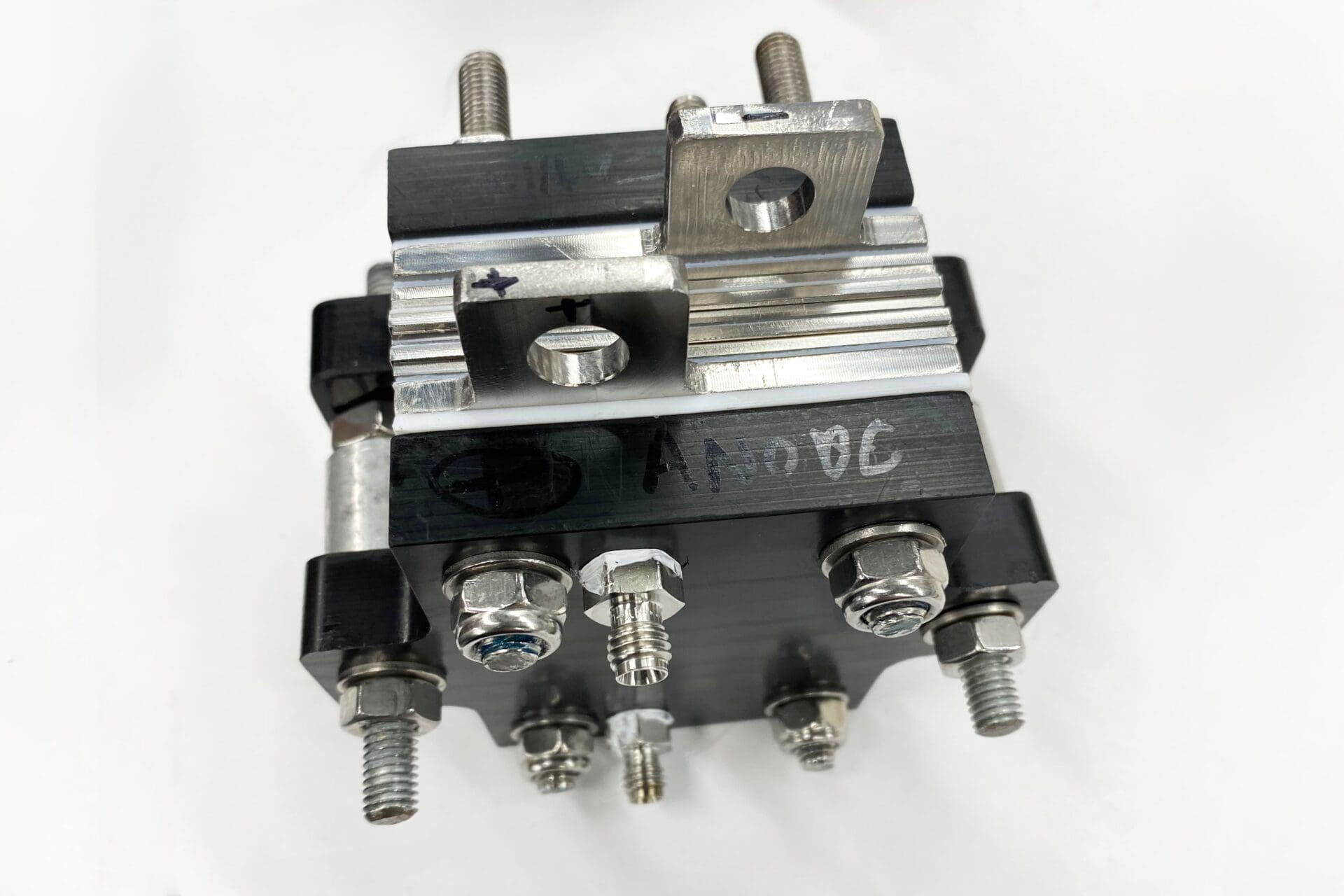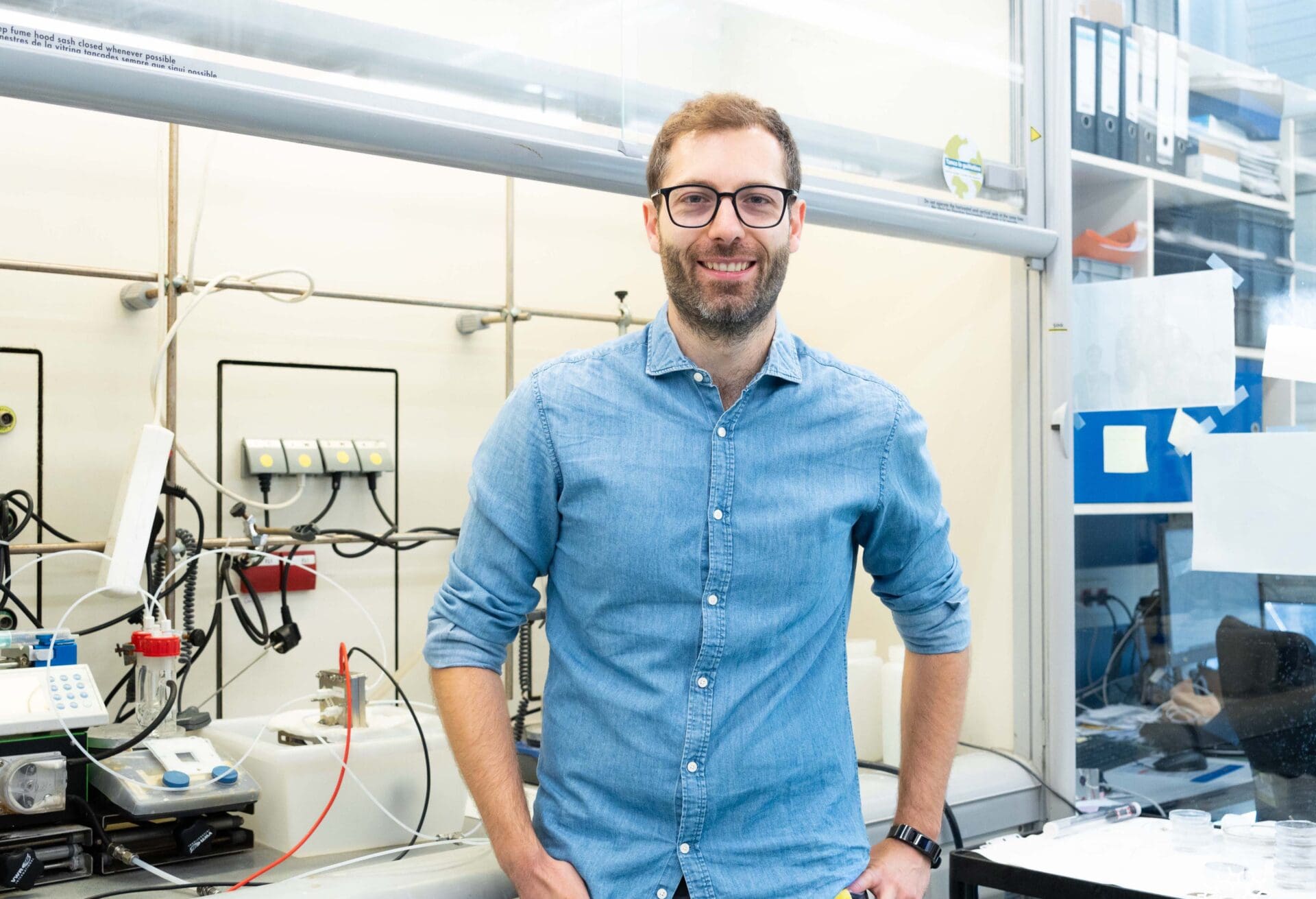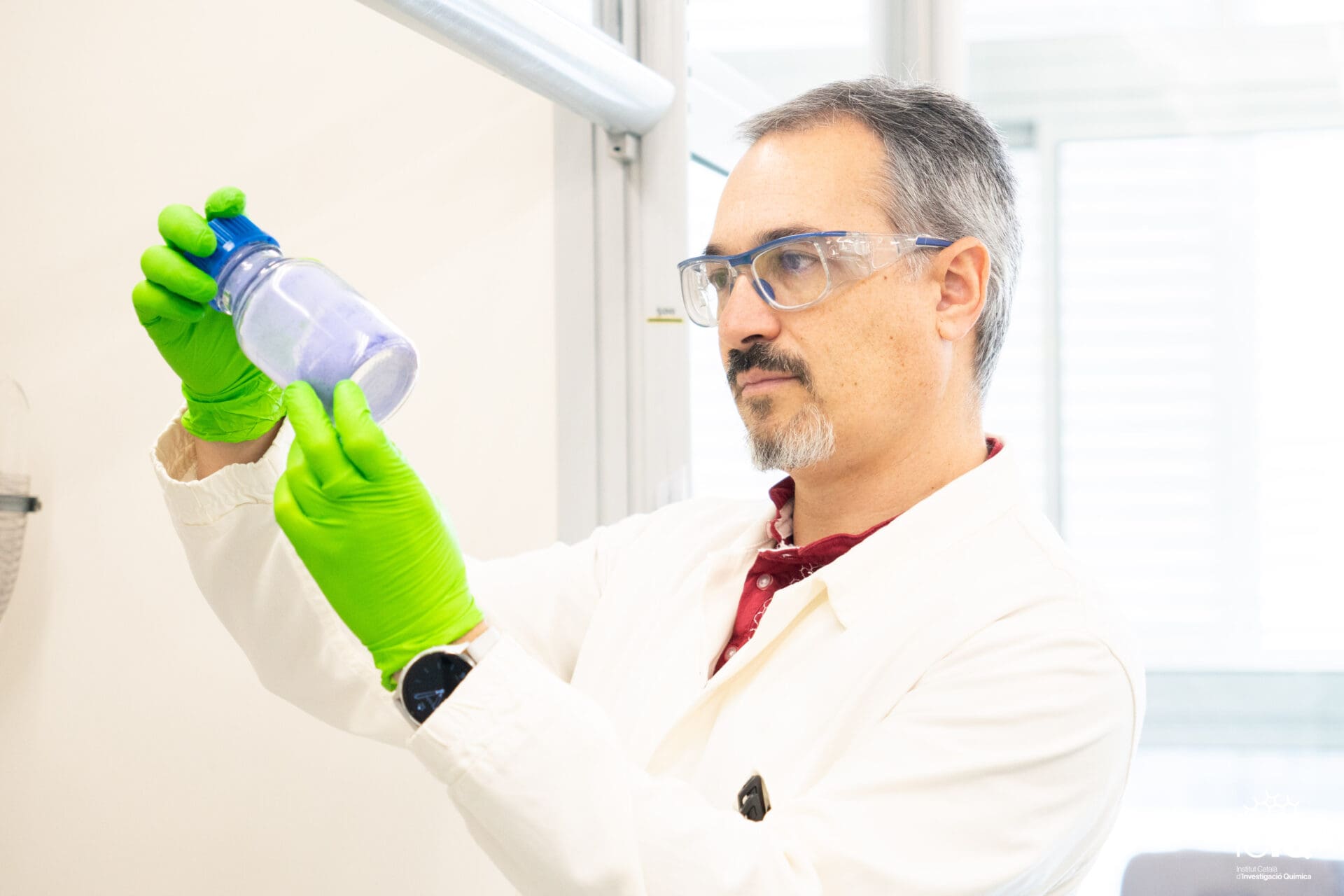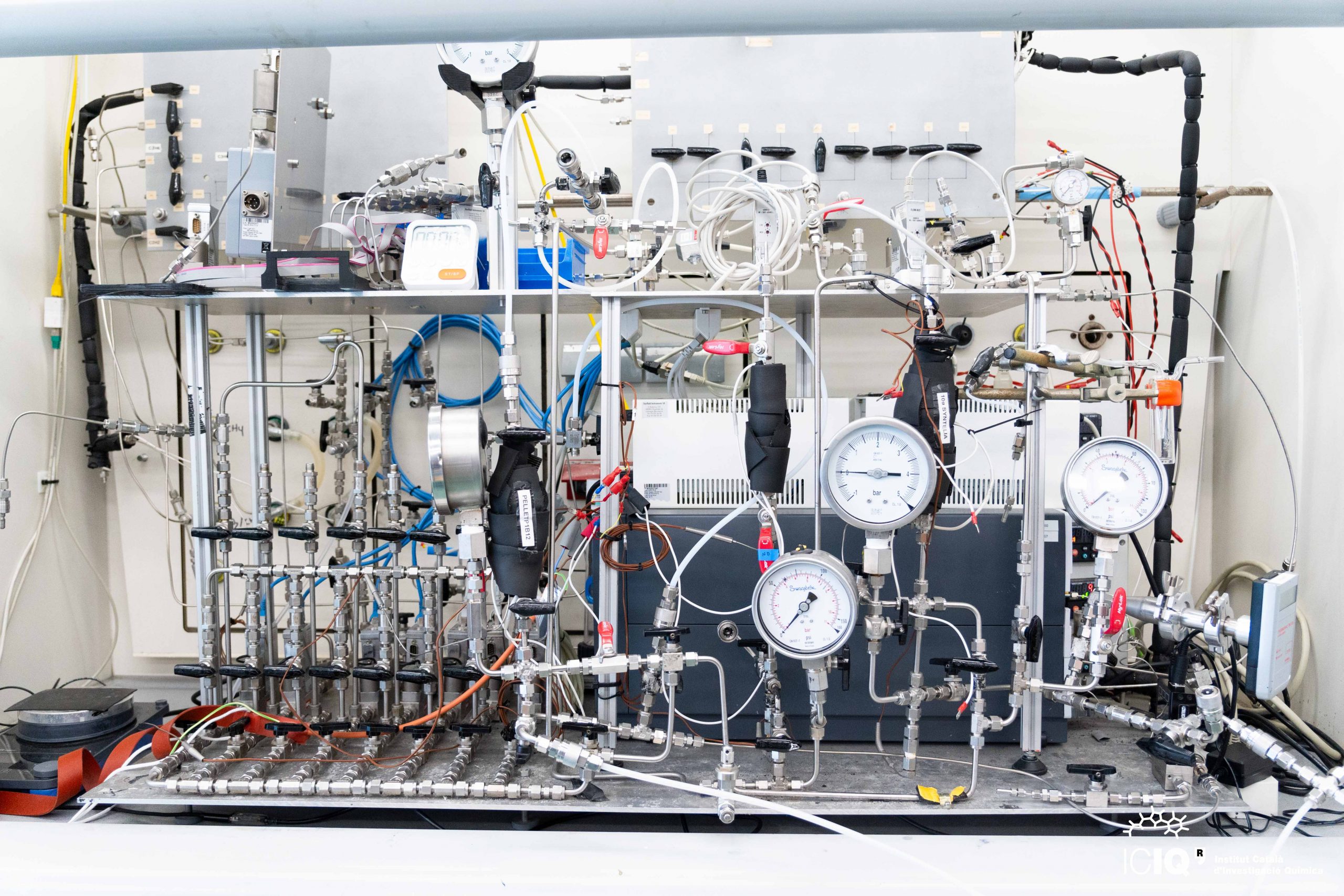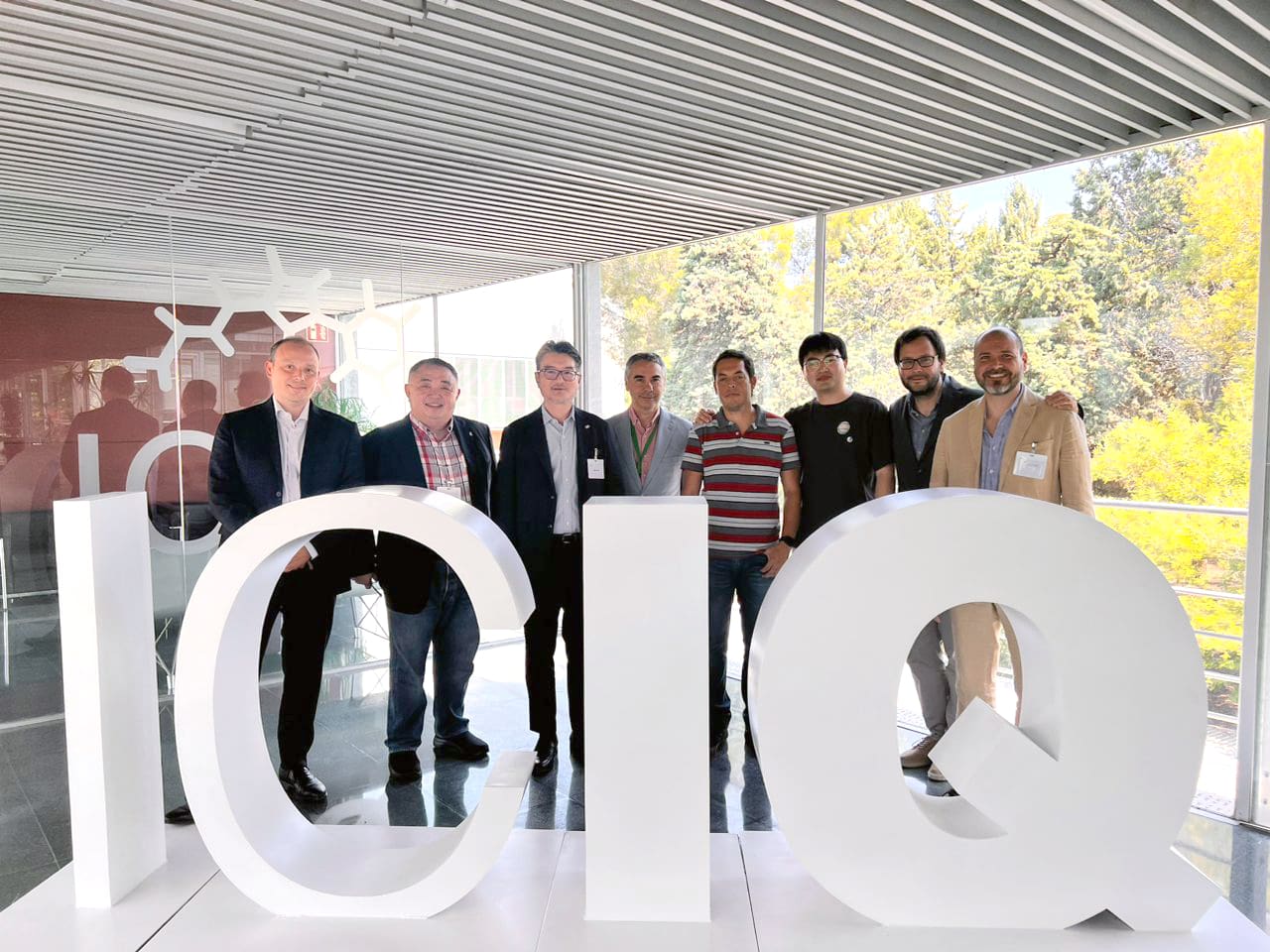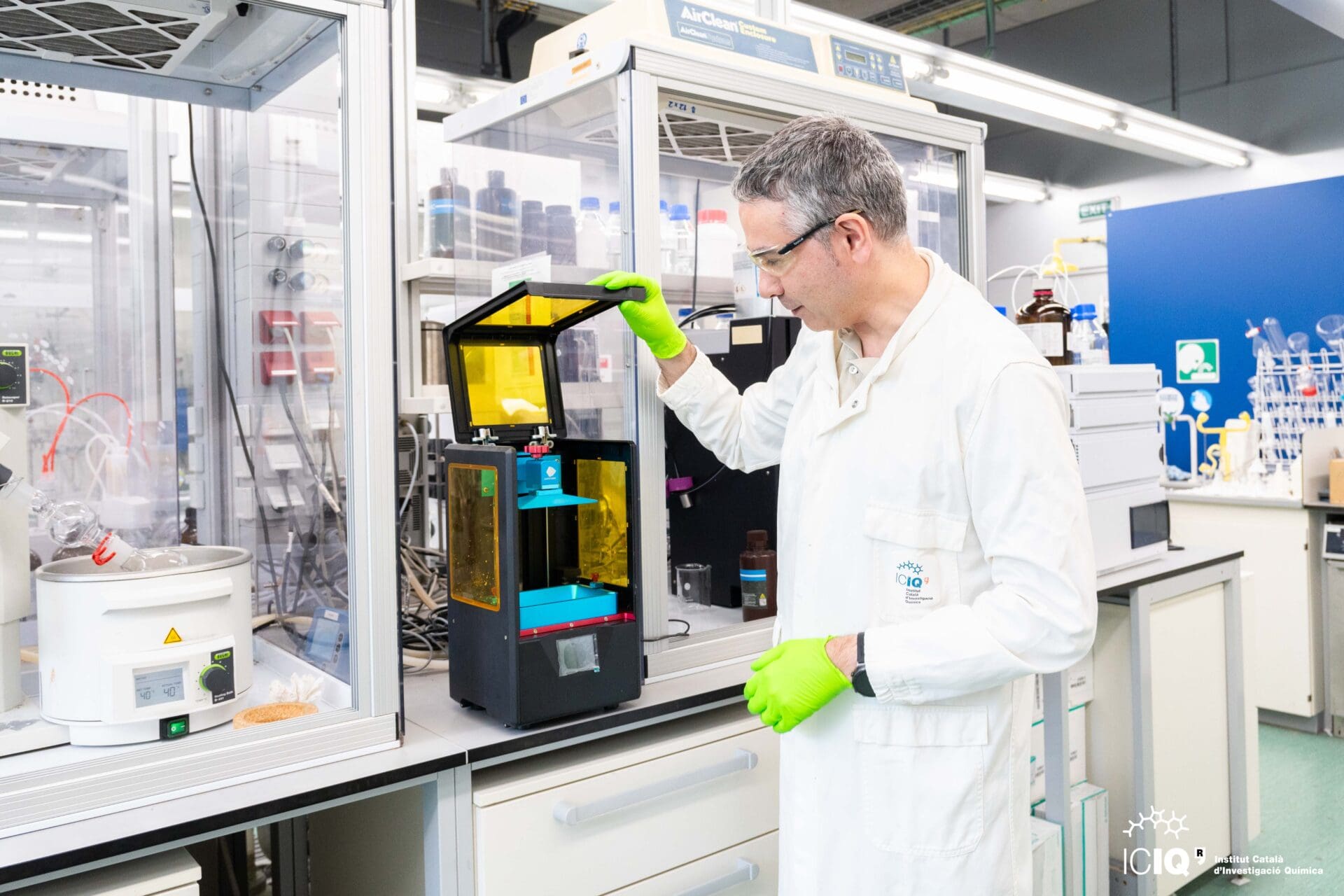Orchestra Scientific’s cutting-edge material drives a revolutionary leap in CCU for industrial sustainability and circular economy
Biogas production, agroindustrial companies and industries’ pollution emissions are some of the targets of this state-of-the-art technology created in the ICIQ
The team introduces a breakthrough technology for efficient and cost-effective CO2 separation and purification

Air pollution stands as one of the foremost worldwide challenges in our society and industrial processes. Numerous international plans and agendas, such as the European Green Deal, have been devised to address sustainability, “striving to attain a climate-neutral Europe by 2050”. As a society, our paramount objectives encompass transforming our consumption and productive system into a circular economy model, while concurrently curbing pollution emissions. These goals encapsulate our collective aspirations towards a sustainable future.
ICIQ is a leading player in the search for innovative solutions through chemistry strategies to address these sustainable worldwide challenges. Many of ICIQ’s research and projects are focused on optimizing and decarbonizing industrial processes. Orchestra Scientific is a spin-off of the ICIQ and it is successfully implementing a cutting-edge Carbon Capture and Utilisation (CCU) solution, one of the flagship technologies developed in our institute. This tech was created in the Professor JR Galán-Mascarós group, and it is now being scaled-up to get into market in the next months, marking a turning point in the CCU sector.
At the core of this technology is an innovative blue material whose license is exclusively held by Orchestra Scientific. This material enables the efficient and cost-effective separation and purification of CO2 across a broad range of concentrations and conditions. This breakthrough allows for mild operating conditions, resulting in a substantial energy savings with respect to available solutions. Orchestra’s versatility makes it suitable for various applications, ranging from biogas upgrading to flue gas CO2 capture.
Multiple advantages for several applications
Its modular design allows for seamless integration into both large-scale industrial facilities and small to medium-sized industries, where traditional CO2 capture methods are currently impractical. One of the key advantages of Orchestra Sci technology is its ability to recover high-purity and reusable CO2, promoting circularity within industries, and especially in those that need CO2 in other parts of their manufacturing chain as those in the agrofood sector.
“We offer advantages in the zero-waste concept and the circular economy system”,
Professor JR Galán-Mascarós
Prof. JR Galán describes the benefits of this technology as “offering great properties”: “Our solution focuses its advantages in the zero-waste concept, and the circular economy system”, claims the ICIQ group leader. He confesses that the future goes through this kind of solution. Later rather than sooner companies, especially the most polluting ones, “will need to opt for a CCU system as public laws become more restrictive in terms of emissions”, concludes.
Due to the one-of-a-kind features of the underlying material, Orchestra Sci technology offers unique advantages: low-cost system design and operation, versatility, durability. This technology can be adapted for extensive carbon capture processes.
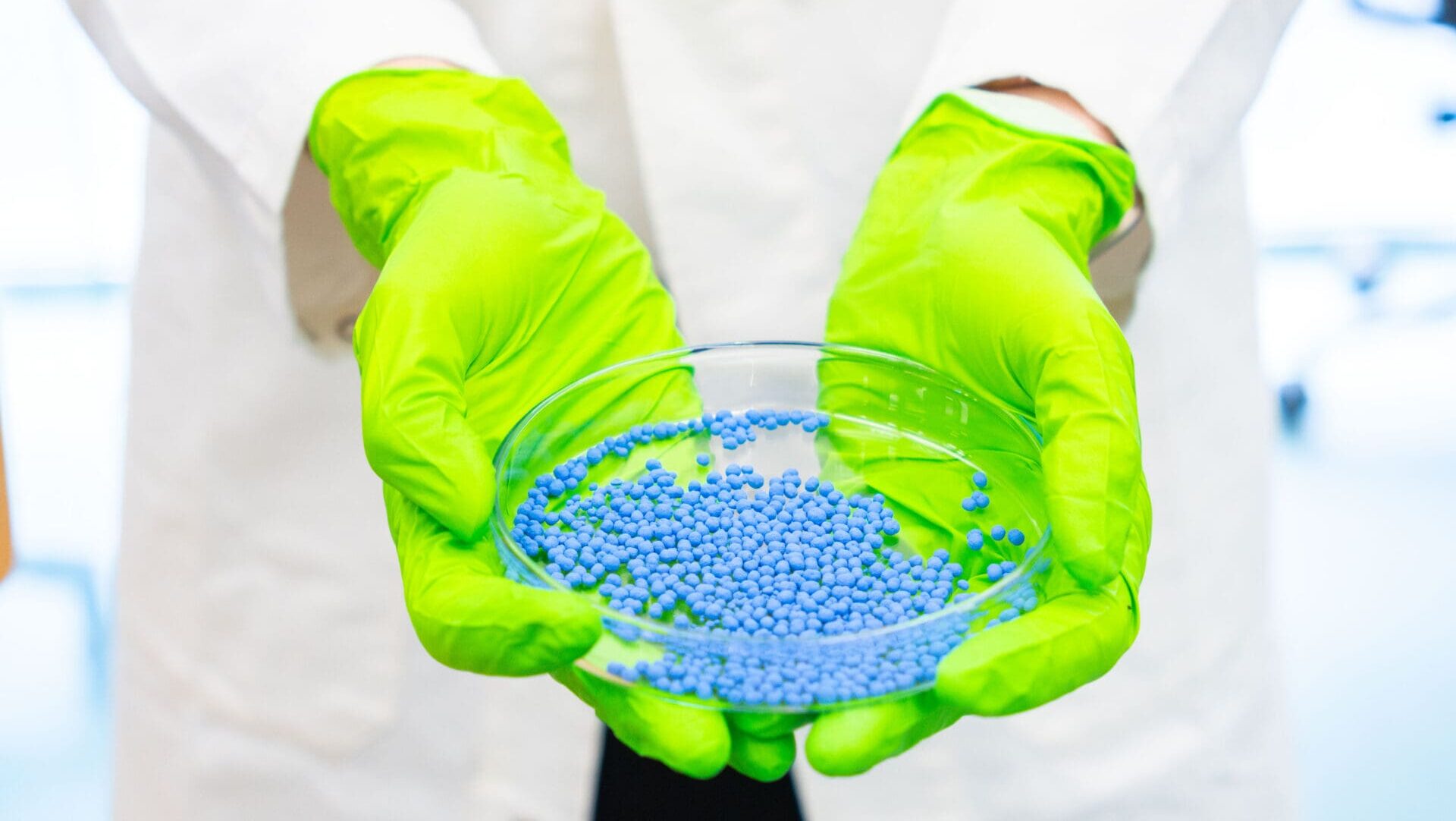
The uses in biogas production, agroindustries and energy-intensives companies
In the context of biogas production, Orchestra Scientific’s technology preserves the advantages of conventional membranes while reducing operating pressures and saving up to 25% in operating costs. This makes it a highly efficient and cost-effective solution for biogas upgrading processes.
Orchestra Sci technology can be also effectively used for capturing CO2 emissions from agroindustries, optimizing CO2 purification processes, and facilitating its reuse in different agroindustrial applications. This includes applications in food additives, beverage carbonation, and greenhouse production in agriculture. Many agroindustries face challenges in capturing emitted CO2 due to their limited size and resources, often resulting in high costs for purchasing CO2 from external sources. However, this technology provides a cost-effective solution, allowing them to capture CO2 from sources like domestic hot water systems or industrial boilers and repurpose it for agronomic applications, food production, and packaging. This technology is beneficial for wine cellars, beer production, food manufacturing companies, and more.
Finally, Orchestra Sci technology is highly suitable for carbon capture in energy-intensive industries that are challenging to decarbonize, such as iron and steel, ceramics, and power plants.
Overall, Orchestra Scientific technology can perfectly separate CO2 from emissions of any industrial process. This permit avoiding greenhouse gas emission, saving on emission rights and dispose of CO2 as a valuable product for the company to be reused in their processes or commercialized, also to be used in some reaction to obtain other gases or materials.
Related news

Let's create a brighter future
Join our team to work with renowned researchers, tackle groundbreaking
projects and contribute to meaningful scientific advancements






 17-12-2024
17-12-2024 